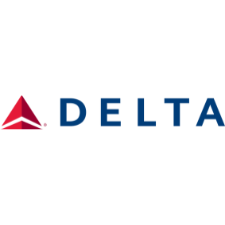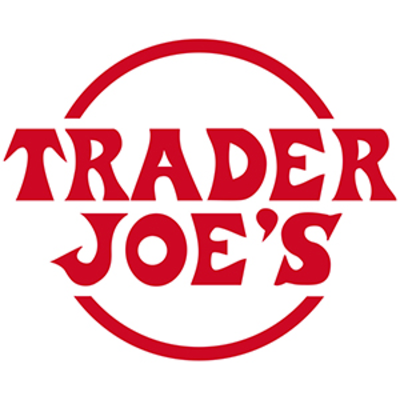SECOND HELPINGS STORIES

OUR NETWORK
The Power of Good
The agencies, companies, donors and individuals in our network come together to make a difference in Atlanta.
Great Food Belongs in Kitchens, Not Landfills

The Second Helpings Atlanta food rescue network starts with our food donors’ commitment to feeding people with their surplus product. By donating recoverable food that would otherwise end up in landfills, these businesses represent the foundation of our effort to make Atlanta a more sustainable and food-secure place to live. Currently, we rescue food regularly from food donors– grocery stores, corporate kitchens, farmers’ markets, restaurants, stadiums, and schools, to name a few!
Food donation partners can include any location that handles perishable food and either regularly or occasionally has excess to share with those in need. Our team will work with your staff to arrange donations on an ad hoc, periodic, or regular basis, on the days and times that work best for your schedule. When we pick up your donations, you’ll know that everything you give is being immediately and safely transported to a partner that can use the donated food for good in your local community.
State and Federal Laws Exist to Protect You
The Bill Emerson Good Samaritan Act of 1996 states that businesses engaged in the donation of perishable and nonperishable food “shall not be subject to civil or criminal liability arising from the nature, age, packaging, or condition” of the donated items as long as certain requirements are met.
The requirements are:
- The donated items must be either apparently wholesome food or apparently fit grocery products
- The covered party must donate the items in good faith
- The donation must be made to a nonprofit organization
- The nonprofit must distribute the donated items to needy individuals.
In addition, Congress passed the Food Donation Improvement Act in 2022, which expands and strengthens those protections. In GA, state code § 51-1-31 also offers donors “liability from donation of canned or perishable food to charitable or nonprofit organizations for use or distribution.”
There Are Tax Benefits
The Internal Revenue Code 170(e)(3) of 2011 provides enhanced tax deductions to businesses to encourage donations of fit and wholesome food to qualified nonprofit organizations serving the poor and needy. Qualified business taxpayers can deduct the cost to produce the food and half the difference between the cost and full fair market value of the donated food.
OUR FOOD DONORS






Affairs to Remember
Aldi Buckhead
Amaris Bank
Atlanta Speech School
Bold Catering & Design
Chicken Salad Chick
City BBQ
Coca-Cola World HQ
Comcast
Costco
Conscious Alliance
DaVinci’s Donuts
Deposco
Elevance Health
Emory Healthcare
EY
Federal Reserve
FEMA
Fiserv
Freedom Farmer’s Market
Fresh Market
Goldberg’s
Good Chop
Grand Hyatt Hotel
Gus’s Fried Chicken
Gusto
Halpern Enterprises
Hyatt Regency Downtown
Inspire Brands
Jewish Federation of Greater Atlanta
Johns Creek Contact Cafe
Kroger
Lenbrook
Little Tart Bakeshop
Longhorn Steakhouse
Meals with Meaning / Fidelity GA
Mercedes Benz HQ
Miller’s Ale House
Nature Sweet / Castellini
NCR HQ
Noble Investment Group
Northside Hospital
Pace Academy
Pattillo Industrial Real Estate
Piedmont Hospital
Pizza Hut
Publix Super Market
Retaaza
Ridwell
Scottish Rite / The Children’s Hospital
SHA Group Volunteering
Southern Culinary & Creative
Sprouts Farmers Markets
Target
Taste of Alpharetta
Taste of Atlanta
The Buttery
The Little Potato Company
The Mount Vernon School
The Westminster Schools
Trinity School
Urban Recipe
Varuni Napoli
Vintage Candy – St. Vincent de Paul
Wellstar Health System
SECOND HELPINGS STORIES